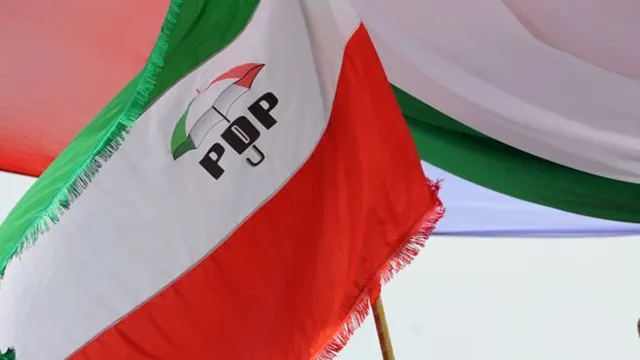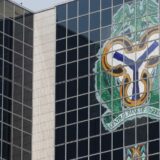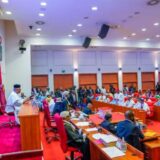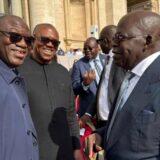BudgIT Uncovers ₦6.93 Trillion in National Assembly Project Insertions, Igniting Debate on Fiscal Responsibility
Abuja, May 20, 2025 – BudgIT, a leading civic technology organization advocating for transparency in public finance, has revealed that the National Assembly inserted 11,122 projects worth a staggering ₦6.93 trillion into Nigeria’s 2025 federal budget. The findings, released this week, have sparked a nationwide debate on fiscal responsibility, transparency, and the integrity of the country’s budget process.
Scale and Nature of the Insertions
BudgIT’s analysis shows that the insertions account for 12.6% of the ₦54.99 trillion budget approved by President Bola Tinubu. Of particular concern are 238 projects, each valued above ₦5 billion and totaling ₦2.29 trillion, which BudgIT says were included with little or no justification. Additionally, 984 projects worth ₦1.71 trillion and 1,119 projects valued between ₦500 million and ₦1 billion (totaling ₦641.38 billion) were added indiscriminately, raising questions about their relevance and alignment with national priorities.
Notable Anomalies and Sectoral Impact
BudgIT highlighted several anomalies, including:
- 1,477 streetlight projects worth ₦393.29 billion
- 538 borehole projects totaling ₦114.53 billion
- 2,122 ICT projects valued at ₦505.79 billion
- ₦6.74 billion earmarked for the “empowerment of traditional rulers”
A significant portion—39% of all inserted projects, or 4,371 projects worth ₦1.72 trillion—was forced into the Ministry of Agriculture’s budget, inflating its capital allocation from ₦242.5 billion to ₦1.95 trillion. The Ministries of Science and Technology and Budget and Economic Planning also saw their allocations balloon due to insertions, with ₦994.98 billion and ₦1.1 trillion added, respectively.
Misallocation and Institutional Overload
BudgIT’s report points to the misuse of agencies such as the Nigerian Building and Road Research Institute and the Federal Cooperative College, Oji River, which were burdened with projects far outside their mandates. For example, the Federal Cooperative College was assigned ₦3 billion for utility vehicles, ₦1.5 billion for rural electrification in Rivers State, and ₦1 billion for solar streetlights in Enugu State.
Calls for Accountability and Reform
Gabriel Okeowo, BudgIT’s Country Director, described the insertions as “an assault on fiscal responsibility,” warning that such practices distort development priorities and redirect scarce resources to political elites rather than citizens235. BudgIT has called on President Tinubu to exercise stronger executive leadership and align the budget with the Medium-Term National Development Plan (2021–2025). The group also urged the Attorney General and anti-corruption agencies to investigate and clarify the National Assembly’s powers regarding budget insertions.
Despite formal letters to the Presidency, Budget Office, and National Assembly, BudgIT reports that no institution has responded or taken responsibility for the findings, deepening concerns over transparency and accountability in Nigeria’s budgeting process.
Public and Civil Society Reaction
The revelations have fueled public outcry and prompted calls from civil society, the media, and development partners for urgent reform. BudgIT stressed that the 2025 budget must serve the interests of all Nigerians, not just a privileged few.

















